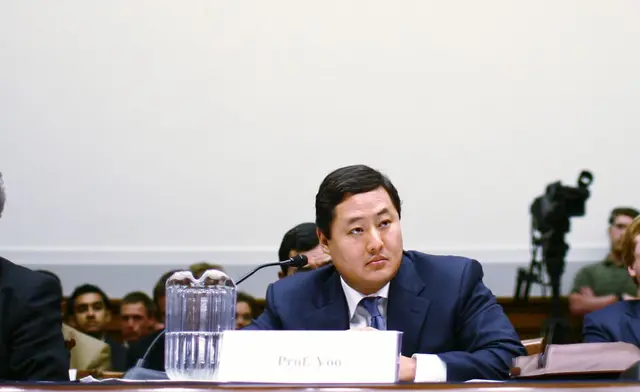The Supreme Court may spend much of its upcoming term, which begins next week, scaling back the power of the government, panelists said at a think tank chat on Sept. 28.
Along the way, the nation’s highest court may get pulled into the various criminal prosecutions of former President Donald Trump and may also have to rule on whether he is eligible to seek a new term of office despite the controversial allegation that he participated in an insurrection against the government.
The panel discussion was hosted by the American Enterprise Institute (AEI), a conservative think tank, and the C. Boyden Gray Center for the Study of the Administrative State at Antonin Scalia Law School, which is located at George Mason University.
Much of the approaching term will be devoted to administrative law, panelists said.
AEI senior fellow Adam J. White said, “It’s hard not to look at the court’s modern docket and be struck by how administrative law-heavy the court’s docket is going forward.”
Regulatory Power
One of the major cases is Loper Bright Enterprises v. Raimondo (court file 22-451).
The case challenges “Chevron deference,” a legal doctrine that critics say has empowered bureaucracy and distorted the U.S. system of government for decades at the expense of everyday citizens.
Conservatives and Republican policymakers have long been critical of the doctrine, saying it gives unelected regulators far too much power to make policy by going beyond what Congress intended when it approved various laws. The authority of regulatory agencies has been increasingly questioned in recent years as the conservative majority on the Supreme Court has grown. Conservative Justices Clarence Thomas, Samuel Alito, and Neil Gorsuch have expressed skepticism of the Chevron doctrine.
Administrative State
The court’s eventual ruling in the case could alter the current balance of power among Congress, executive agencies, and the nation’s judiciary, by tearing away at the legal underpinnings of the modern administrative state, which critics deride as an illegitimate fourth branch of government.
The Supreme Court “wants to revisit this doctrine, which is important because it’s essentially the courts saying that they’re going to defer to agencies when they interpret the scope of their statutory authority, even on legal questions,” said Ms. Mascott.
“The reason why some folks find this interesting for the court to evaluate is because sometimes it seems on the surface to play into some of the political cynicism … people have about the court because … it was thought to be Republican-friendly or an executive-friendly doctrine.”
“But over the years as agencies have engaged in the exercise of more and more authority, it has become a doctrine that a lot of times … conservative jurists potentially are willing for the court to reconsider, because it seems as though the court … arguably is abdicating its role to review and closely interpret statutes and instead giving a lot of power to agencies that folks are uncomfortable with these days,” she said.
Mr. White of AEI said the importance of administrative law has been growing.
“The moment I realized administrative law was going to be a huge deal on the Supreme Court years ago was when I realized the word ‘Chevron deference’ was popping up in conversations with non-lawyers. And usually, it’s the kind of thing that only law students and lawyers and government agencies are talking about,” he said.
Financial Rulings
Mr. White suggested it was far from clear how the Supreme Court would handle Consumer Financial Protection Bureau (CFPB) v. Community Financial Services Association of America Ltd. (court file 22-448). The case will be heard on Oct. 3.
It is the second challenge in three years to the constitutionality of the CFPB. This new appeal challenges the means by which the CFPB is funded; the previous case dealt with the structure of the bureau.
The federal agency, which regulates consumer financial products such as credit cards, mortgages, and car loans, was the brainchild of left-wing U.S. Sen. Elizabeth Warren (D-Mass.). Democrats fiercely defend the CFPB, formed in the wake of the 2008 financial crash, saying it serves a useful function as a check on corporate power.
Republicans accuse the agency of overreach. The CFPB was targeted by the Trump administration, which challenged its constitutionality.


